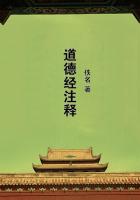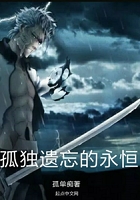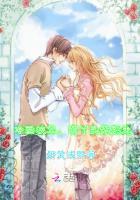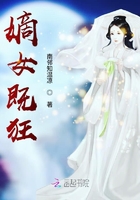WHEN NATASHA opened the door with her practised hands, letting her pass in before her, Princess Marya felt the sobs rising in her throat. However much she prepared herself, however much she tried to compose herself, she knew that she would not be able to see him without tears:
She understood what Natasha had meant by the words: two days ago this change came. She interpreted it as meaning that he had suddenly grown softer, and that that softening, that tenderness, was the sign of death. As she approached the door, she saw already in her imagination that face of the little Andryusha, as she had known it in childhood, tender, gentle, softened, as it was so rarely, and as it affected her so strongly. She felt sure he would say soft, tender words to her like those her father had uttered on his deathbed, and that she would not be able to bear it, and would break into sobs at them. But sooner or later, it must be, and she went into the room. Her sobs seemed rising higher and higher in her throat as with her short-sighted eyes she distinguished his figure more and more clearly, and now she saw his face and met his eyes.
He was lying on a couch, propped up with cushions, in a squirrel-lined dressing-gown. He was thin and pale. One thin, transparently white hand held a handkerchief, with the other he was softly fingering the delicate moustache that had grown long. His eyes gazed at them as they came in.
On seeing his face and meeting his eyes, Princess Marya at once slackened the rapidity of her step and felt the tears dried up and the sobs checked. As she caught the expression of his face and eyes, she felt suddenly shy and guilty.
“But how am I in fault?” she asked herself. “In being alive and thinking of the living while I! …” his cold, stern eyes seemed to answer.
In the profound, not outward- but inward-looking gaze there was something almost like hostility as he deliberately scanned his sister and Natasha. He kissed his sister’s hand, while she kissed his, as their habit was.
“How are you, Marie; how did you manage to get here?” he said, in a voice as even and as aloof as the look in his eyes. If he had uttered a shriek of despair, that shriek would have been to Princess Marya less awful than the sound of his voice.
“And you have brought Nikolushka?” he said, as evenly and deliberately, with an evident effort to recollect things.
“How are you now?” said Princess Marya, wondering herself at what she was saying.
“That, my dear, you must ask the doctor,” he said, and evidently ****** another effort to be affectionate, he said with his lips only (it was obvious he was not thinking of what he was saying):
“Thank you, my dear, for coming.”
Princess Marya pressed his hand. He gave a hardly perceptible frown at the pressure of her hand. She was silent, and she did not know what to say. She understood the change that had come over him two days ago. In his words, in his tone, above all in his eyes—those cold, almost antagonistic eyes—could be felt that aloofness from all things earthly that is so fearful to a living man. It was evidently with difficulty that he understood anything living; but yet it seemed that he did not understand what was living, not because he had lost the power of understanding, but because he understood something else that the living did not and could not understand, and that entirely absorbed him.
“Yes, see how strangely fate has brought us together again,” he said, breaking the silence, and pointing to Natasha. “She is nursing me.”
Princess Marya heard him, and could not understand what he was saying. He, Prince Andrey, with his delicate, tender intuition, how could he say that before the girl whom he loved, and who loved him! If he had any thought of living, he could not have said that in that slightingly cold tone. If he had not known he was going to die, how could he have failed to feel for her, how could he speak like that before her! There could be but one explanation of it—that was, that it was all of no moment to him now, and of no moment because something else, more important, had been revealed to him.
The conversation was frigid and disconnected, and broke off at every moment.
“Marie came by Ryazan,” said Natasha.















